What Homeowners Should Know When Buying a Water Softener
Choosing the right water softener can feel overwhelming, especially if it’s your first time encountering the term “water hardness” or trying to figure out how it impacts your home. But investing in a water softener is one of the best decisions a homeowner can make to improve water quality and protect their home’s appliances and plumbing.
This guide will walk you through everything homeowners need to know before buying a water softener, from understanding how water hardness affects your home to selecting, installing, and maintaining the perfect system for your needs.
Water Hardness and Its Effects
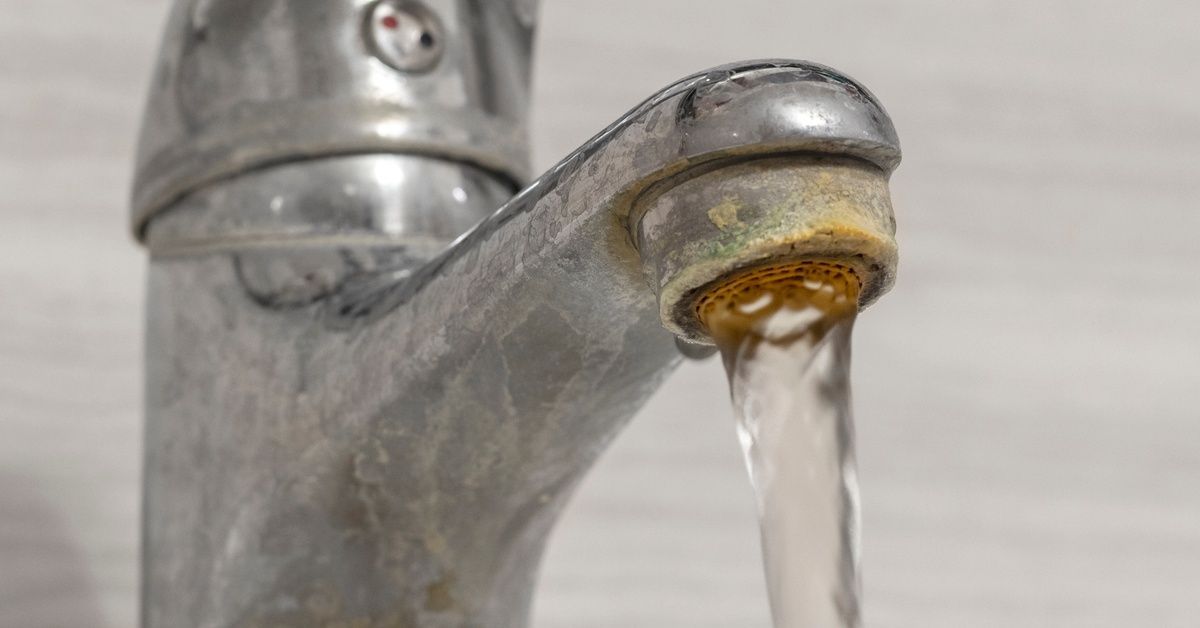
Water hardness refers to the concentration of calcium and magnesium minerals in your water. When water flows through soil or rock, it picks up these minerals along the way, which is why some areas have harder water than others.
While hard water isn’t harmful to drink, it causes a range of problems in the home. It can lead to mineral buildup in pipes and appliances, reduce the lifespan of plumbing systems, and negatively impact your laundry by making it harder for detergents to work effectively.
If you’ve noticed cloudy spots on your dishes, soap scum in your bathtub, drier skin than usual, or clothes that feel stiff after washing, these could all be signs that your water contains high mineral content.
Water Softeners Save Money
Although an upfront investment, a water softener can help you save money in the long run. Since hard water causes scaling inside your pipes and appliances, it makes them work harder, which increases your energy bills.
For example, your water heater may become less efficient as it struggles to heat water surrounded by mineral buildup. Washing machines and dishwashers also have shorter lifespans when used with hard water because of the stress caused by scale deposits.
A water softener eliminates these issues, keeping your appliances in tip-top shape and saving you from costly repairs or early replacements. Over time, the reduced energy use and decreased maintenance costs more than paying for the initial cost of the water softener.
The Importance of a Bypass Valve in Water Softeners
One feature to look for in a water softener is a bypass valve, which allows water to bypass the softener entirely. This feature is especially convenient during maintenance. Plus, a bypass valve saves energy when you don’t need soft water, such as when you’re watering plants or filling a pool.
Health Benefits of Soft Water
Soft water has many perks that homeowners appreciate. For starters, soft water feels much better on your skin. Hard water, on the other hand, can strip away natural oils, leaving your skin irritated. Those who struggle with sensitive skin or conditions like eczema will notice what a difference soft water makes.
Washing your hair with soft water is another bonus, as it leaves your hair feeling smoother and less weighed down by mineral residues. The improved lathering of soaps and shampoos also means you’ll use less product, which is a win-win for you and your wallet.
Measuring Water Hardness at Home
Before purchasing a water softener, you need to know how much water your household uses and how hard your water is. You can either use a water hardness test kit or refer to your local water authority for this information.
Once you know the hardness level, estimate your daily water consumption based on the number of people in your household and their typical water habits. These factors will help you choose the right size water softener so it has the capacity to handle your household’s needs without unnecessary wear and tear. Don’t forget to factor in peak times of use, like when multiple family members shower in the morning or when laundry and dishwashing happen simultaneously.
Space is another consideration. Some homes have more compact utility areas, so measure the available space where the water softener will be installed. You don’t want to purchase a unit only to discover after the fact that it’s too big.
Installation Considerations and Costs
Installing a water softener isn’t as simple as plugging it in and letting it run, so you’ll need to plan ahead for accurate setup. Hiring a professional is often the better option to avoid potential mistakes or leaks. Installation costs can vary depending on the complexity of your plumbing and the type of water softener you choose.
When hiring a professional, it’s also worth discussing the placement of your unit to ensure easy access for future maintenance. While the upfront installation costs might add to your initial investment, professional installation guarantees the system is set up for optimal performance.
Finding the Right Water Softener Service
Choosing a water softener service is an important step in your water improvement journey. Look for a company that sells high-quality systems and provides reliable installation and customer support. Ask about warranties, service plans, and how the company handles maintenance down the road.
A good water softener service provider should be able to answer your questions, offer tailored advice, and confirm that your system meets the specific needs of your household. Taking the time to find the right service means you’ll enjoy a smooth experience from purchase to ongoing care.
Maintenance Tips for Long-Term Performance
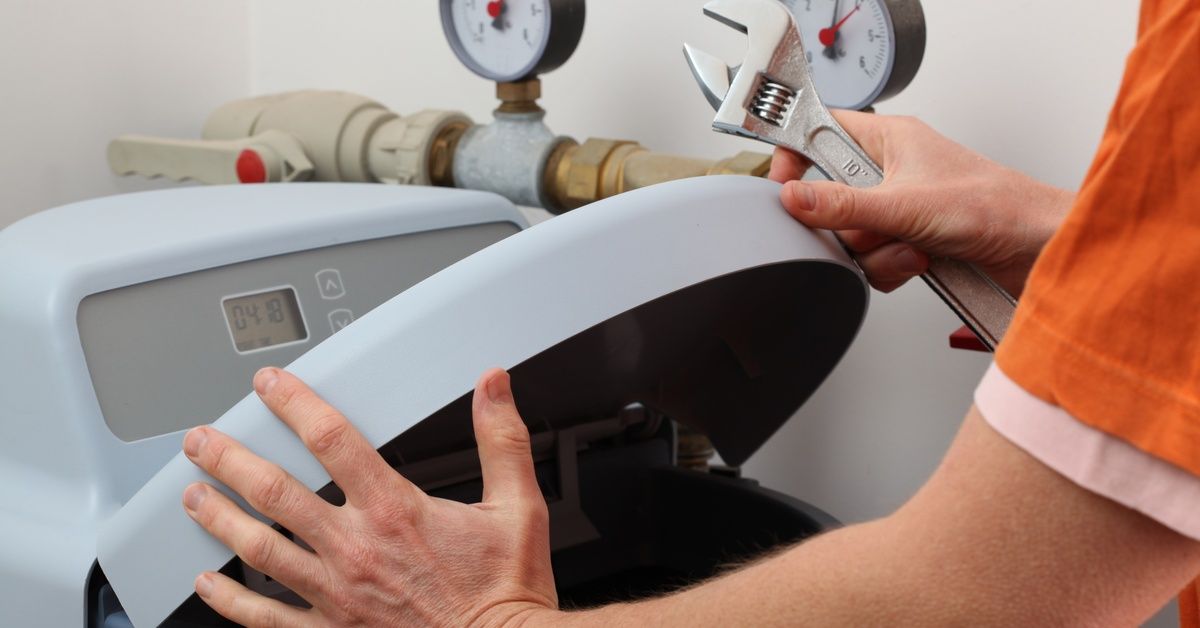
Once your water softener is up and running, regular maintenance will keep it performing its best for years to come. Keep an eye out for signs of bridging or salt buildup in the brine tank, which can affect performance. Cleaning the resin tank occasionally also helps maintain efficiency. Following manufacturer recommendations and scheduling annual tune-ups will extend the life of your system and keep your water softener running at peak performance.
It’s Time To Upgrade Your Home’s Water
A water softener is more than just an appliance; it’s a long-term solution for improving your household’s water quality, protecting your plumbing and appliances, and making your everyday life a little easier and more pleasant. Visit Affordable Water today to learn about our water softener services and take the first step toward smoother, cleaner, and more efficient water in your home.

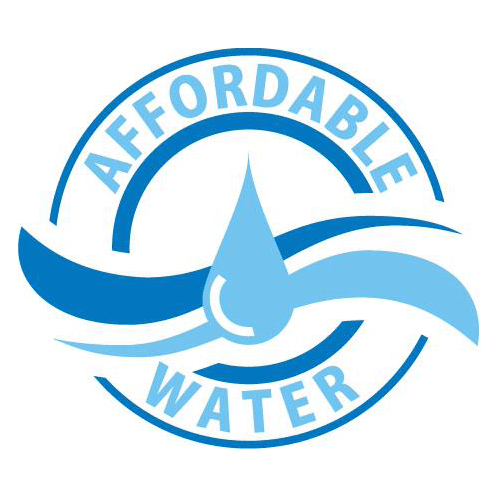

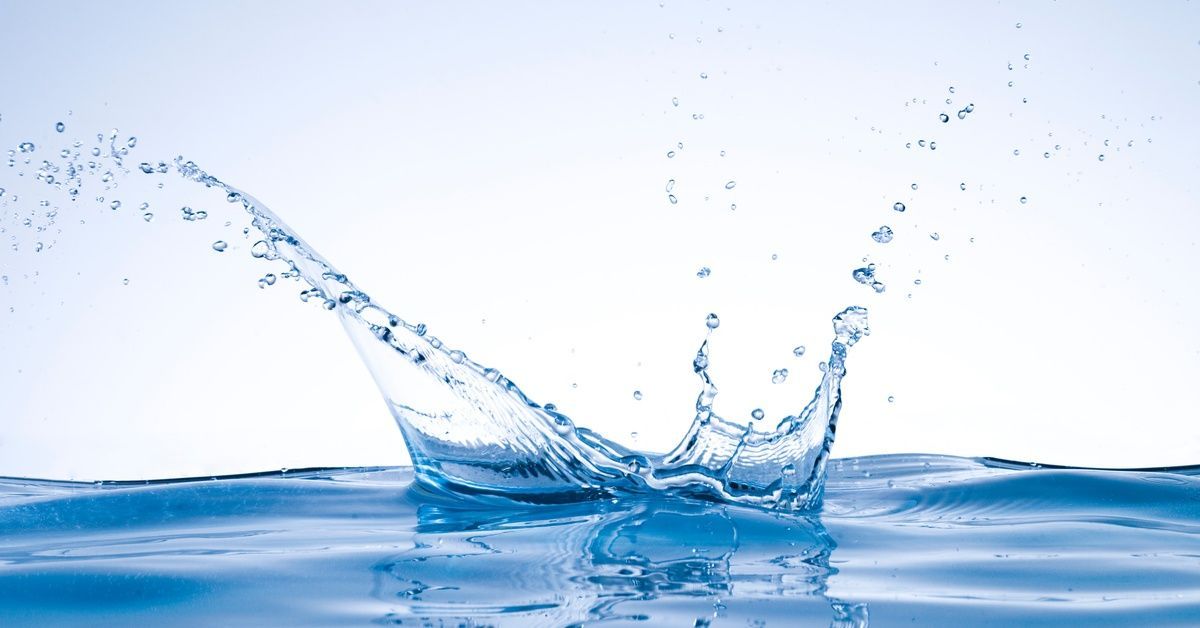
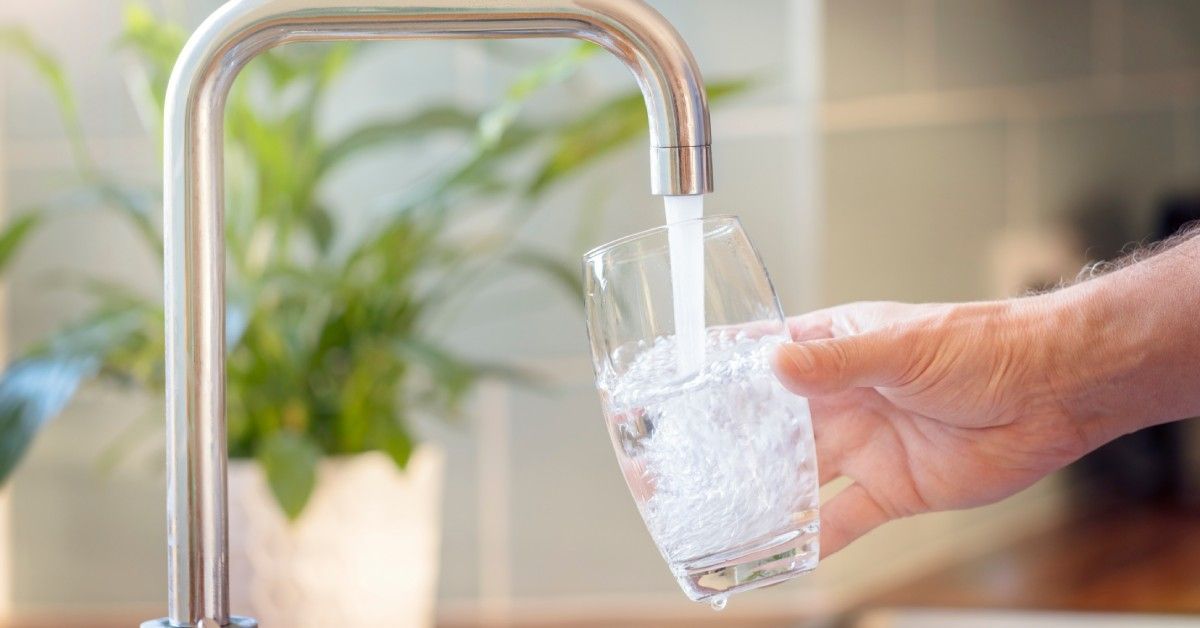
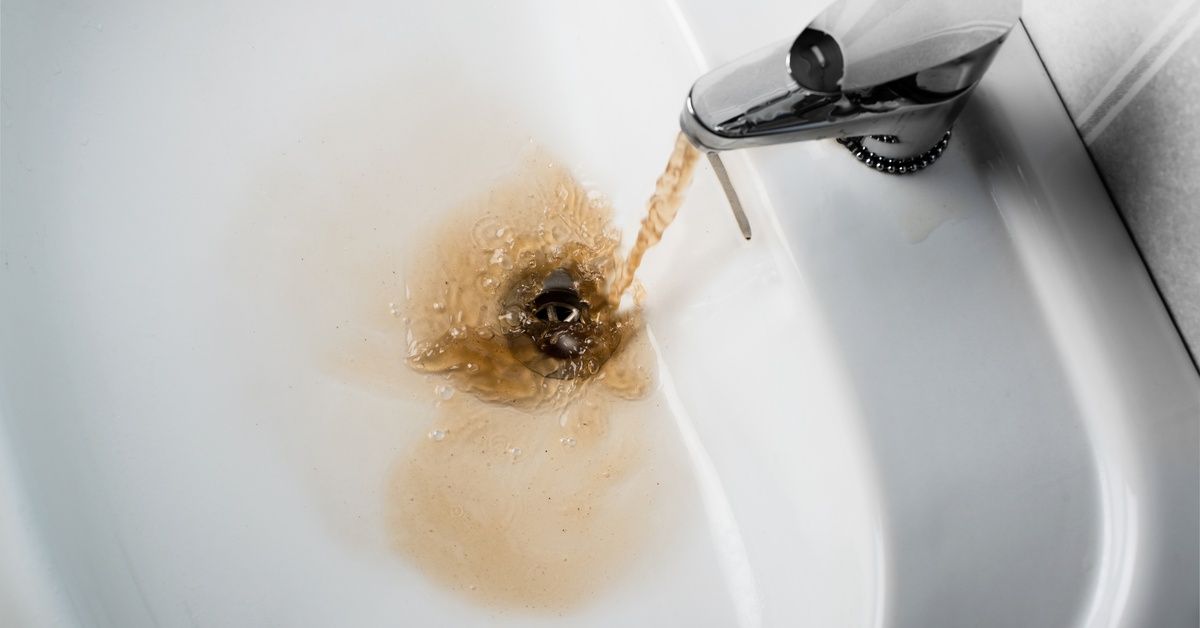
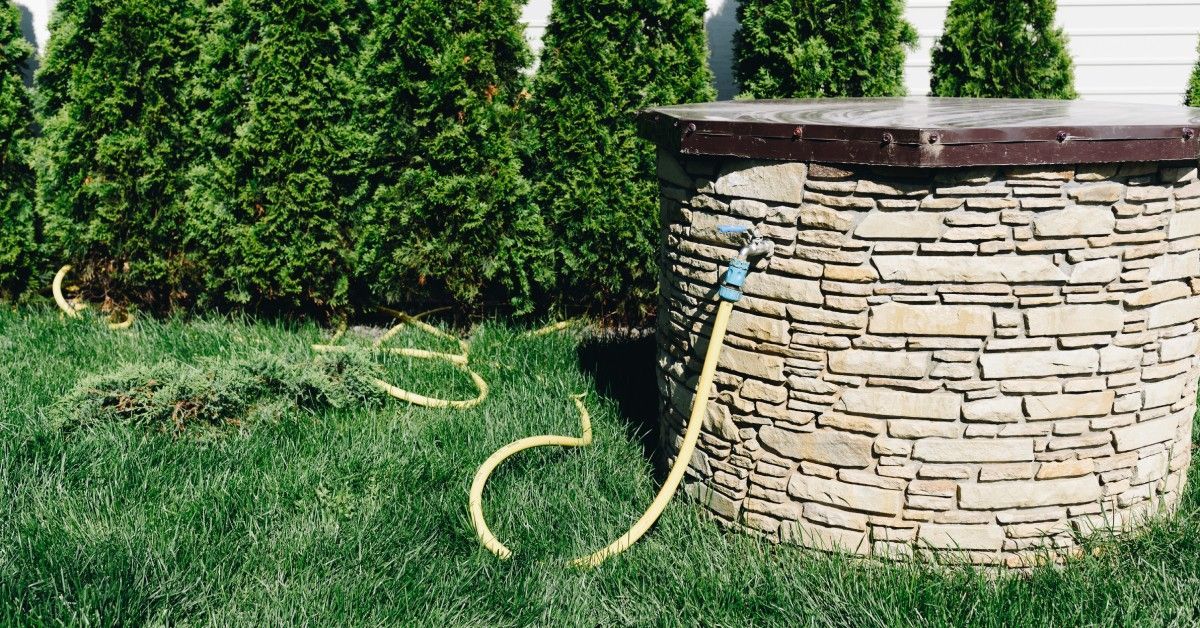
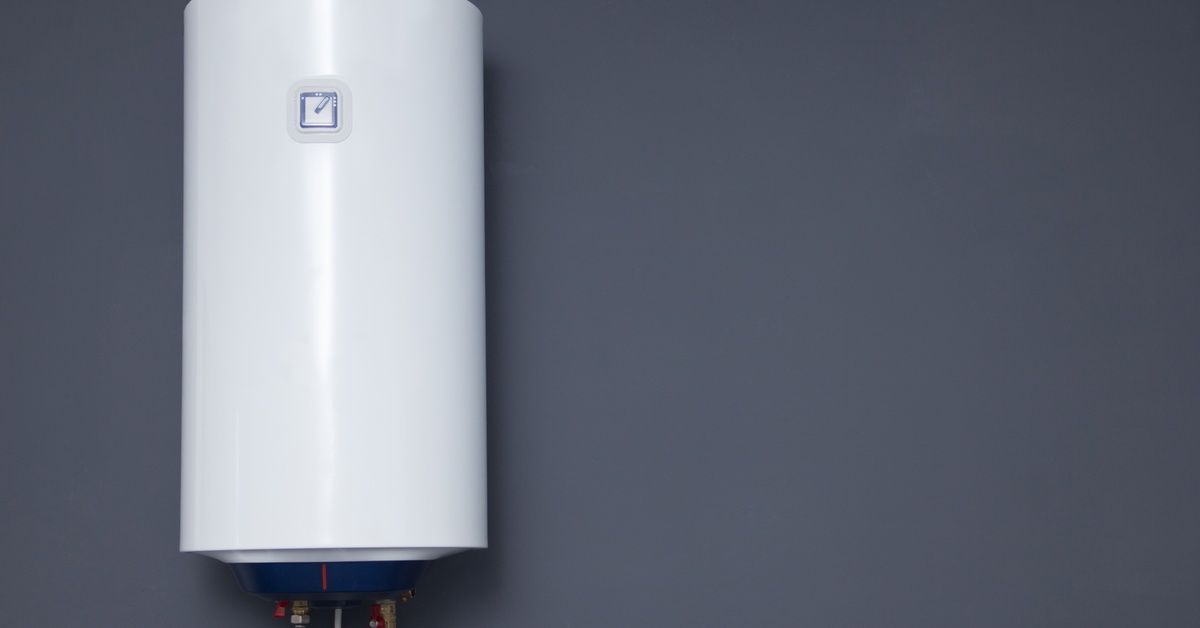
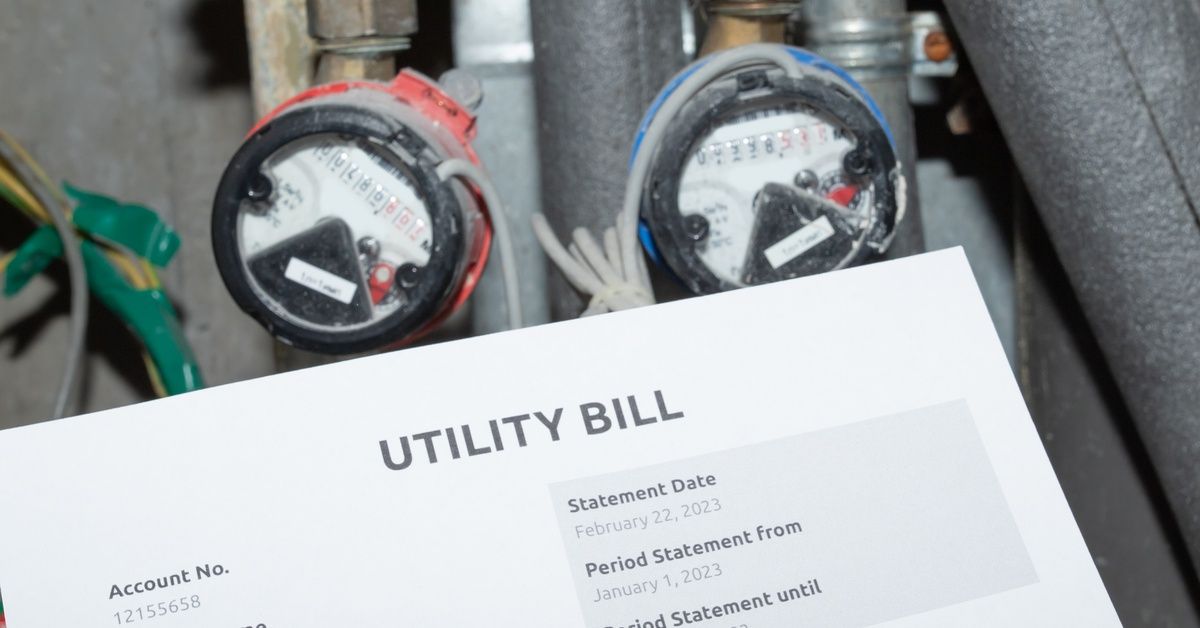
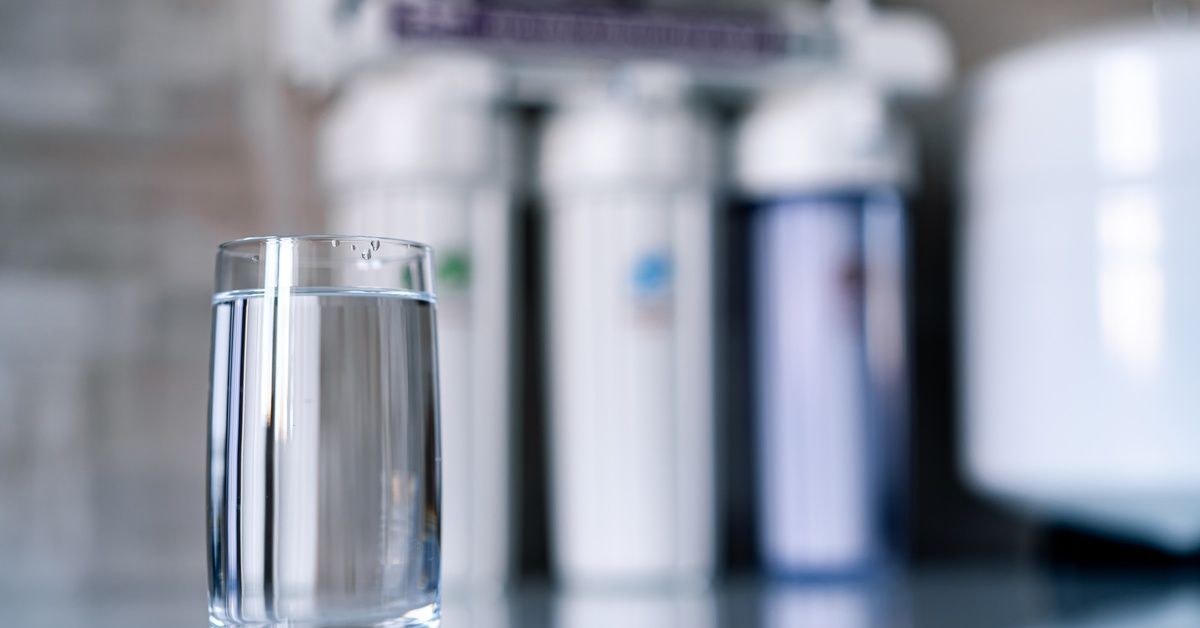
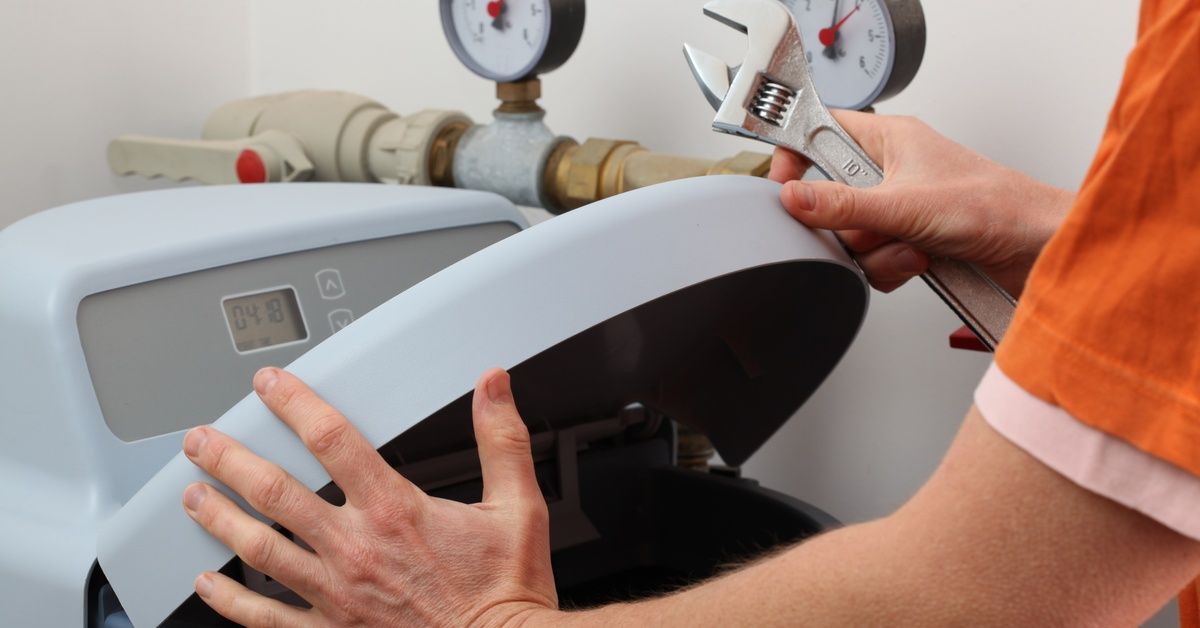
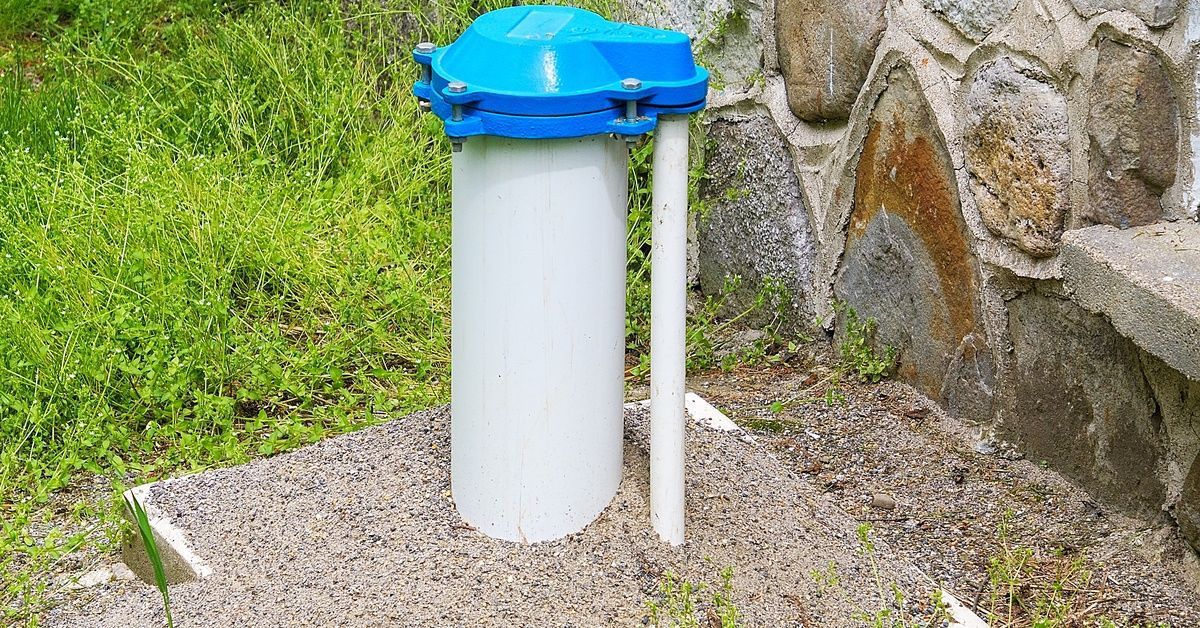

Share On: